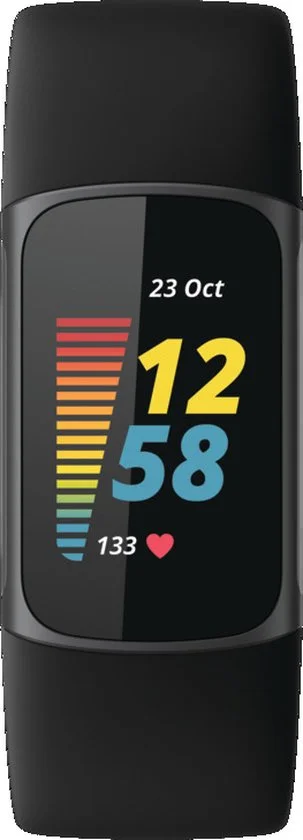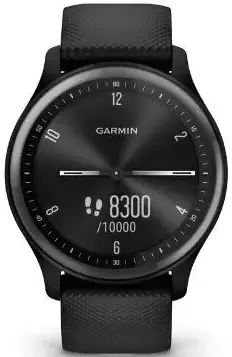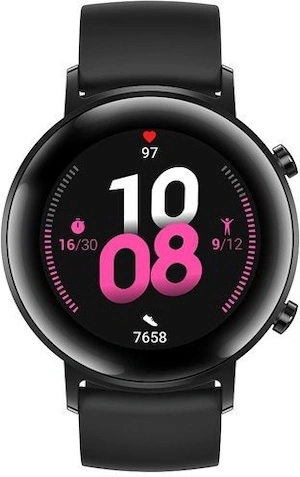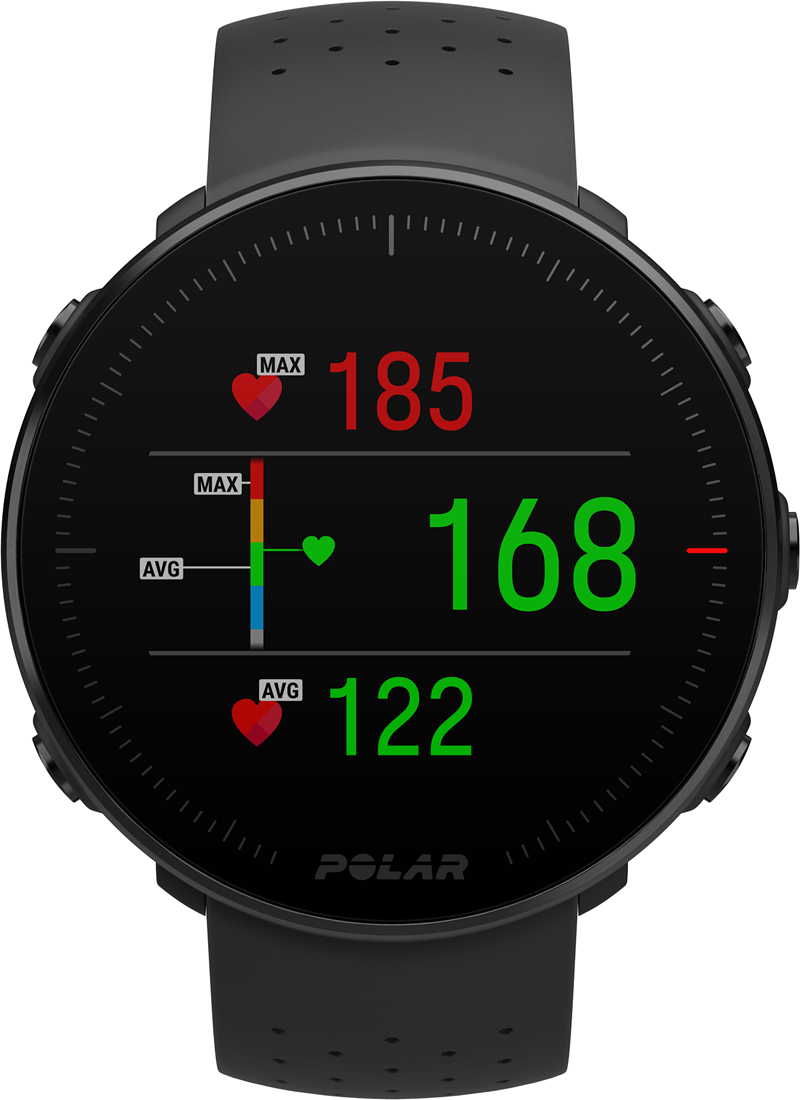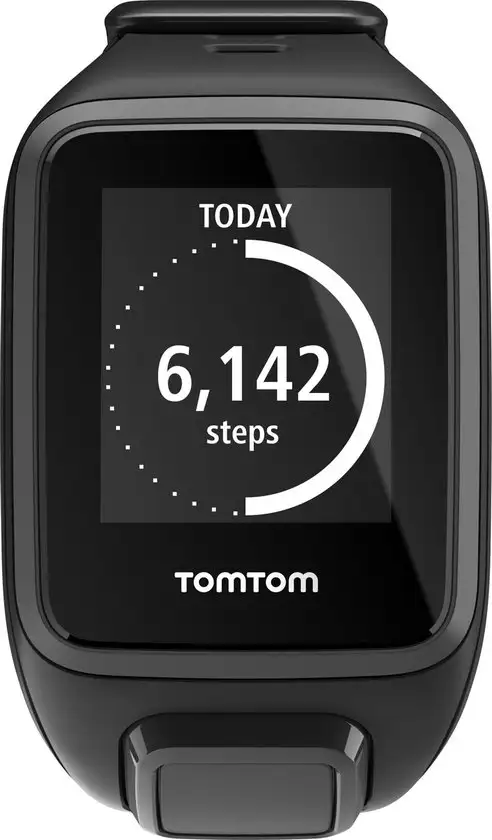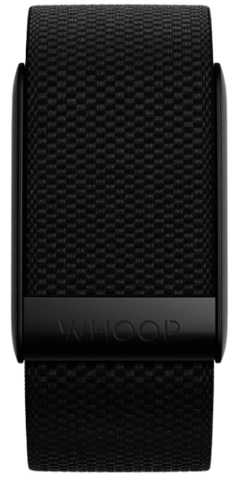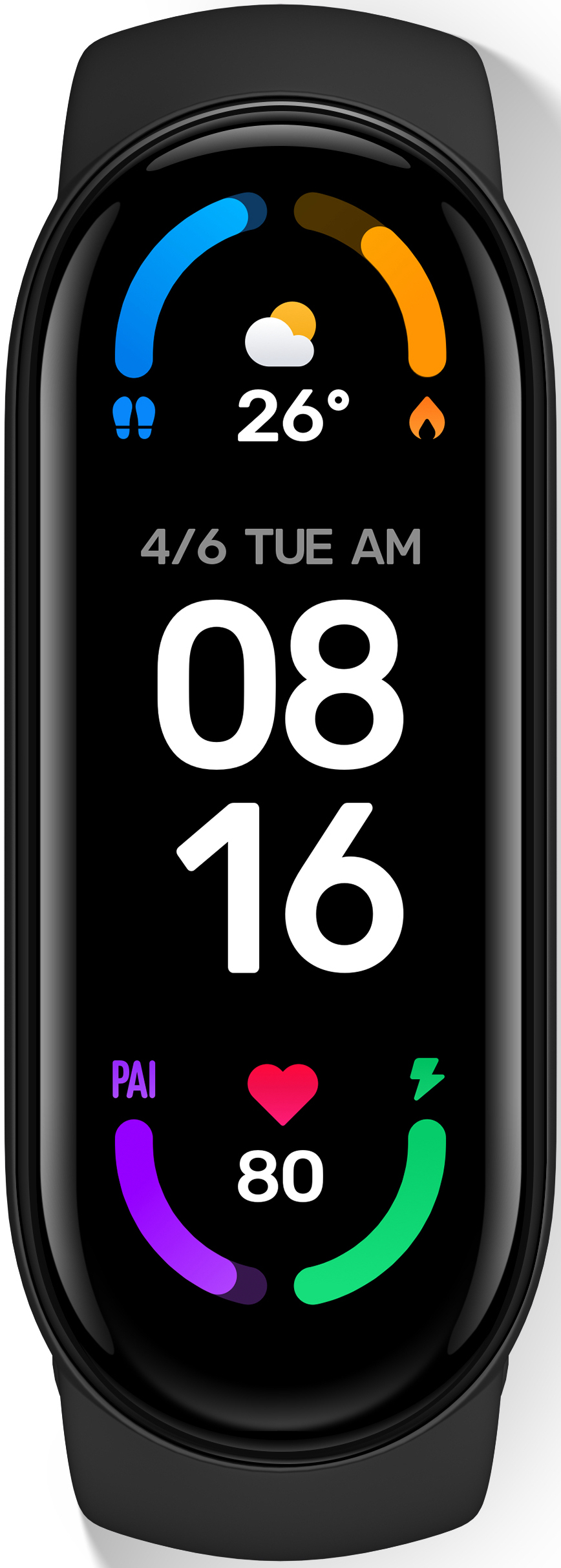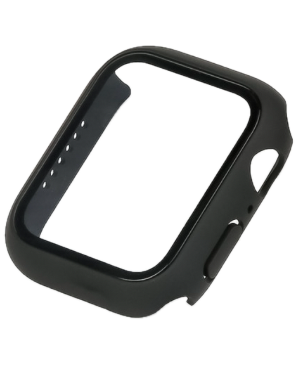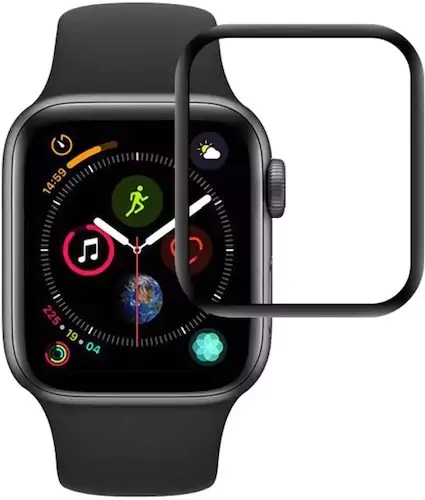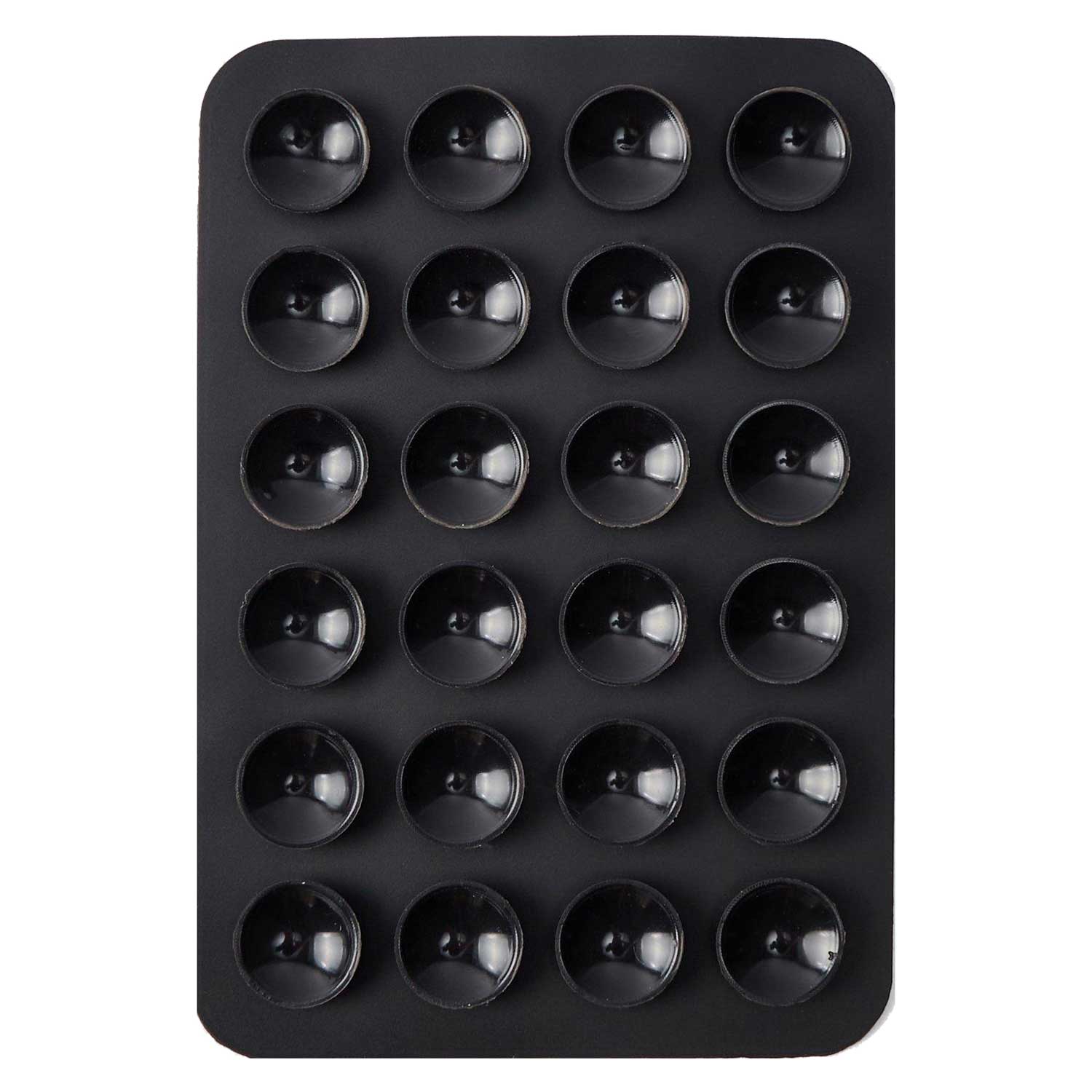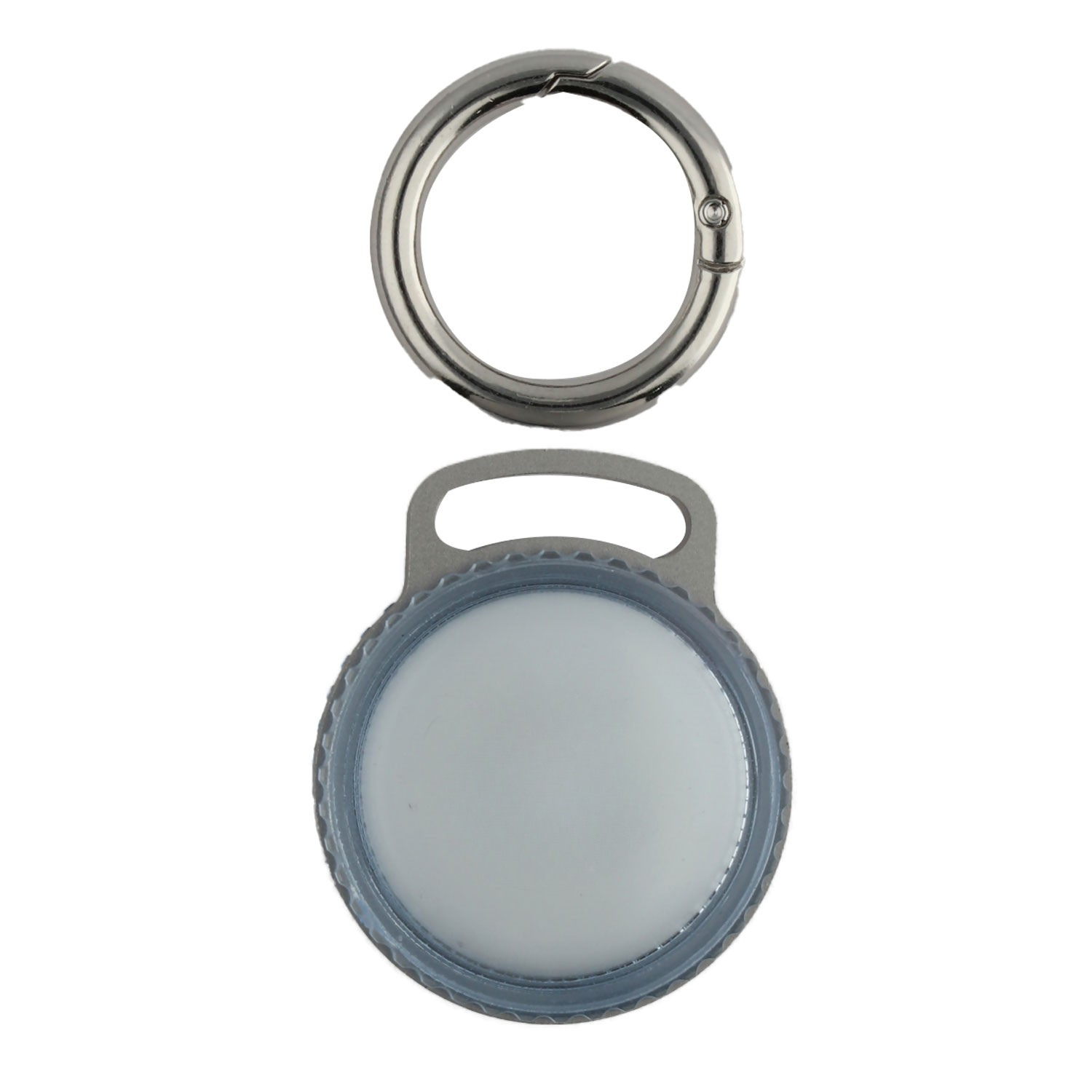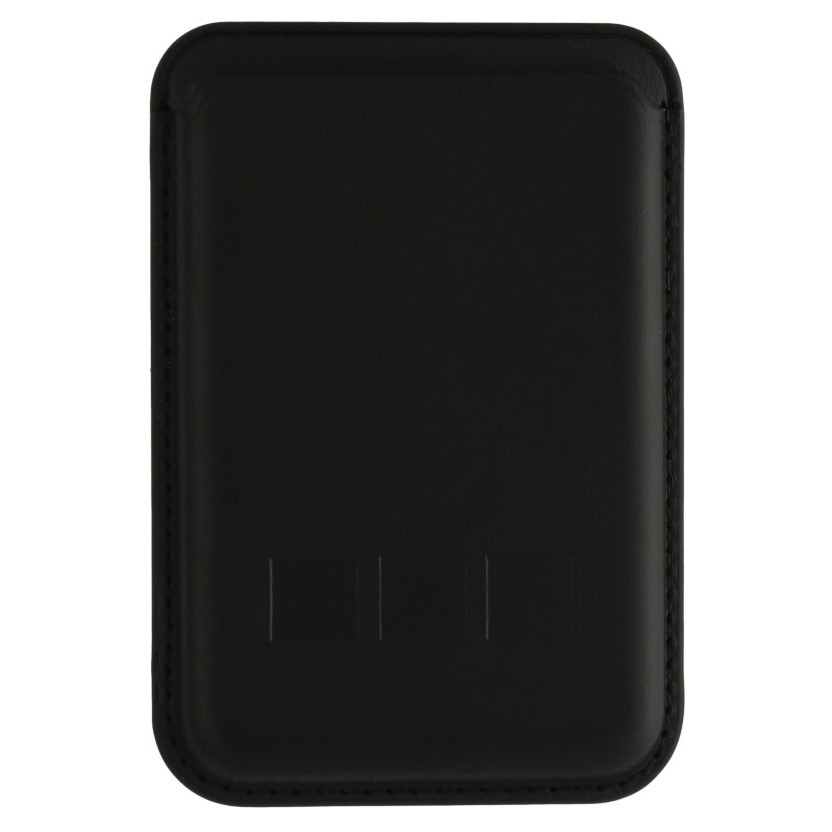General terms and conditions
Article 1 - Definitions
1. Supplementary agreement: an agreement whereby the consumer acquires products, digital content and/or services in connection with a distance contract and these elements, digital content and/or services are supplied by the entrepreneur or by a third party on the basis of an agreement between the third party and the employer;
2. Reflection period: the period within which the consumer can make use of his right of withdrawal;
3. Consumer: the natural person who does not act for purposes related to his trade, business, trade or profession;
4. Day: calendar day;
5. Digital content: data produced and supplied in digital form;
6. Duration contract: contract that extends to the regular delivery of goods, services and/or digital content during a determined period;
7. Durable data medium: any tool, including email, that allows the consumer or entrepreneur to store information that is addressed to him personally in such a way that its future consultation or use during a period is adjusted to the purpose for which the information is intended. , and that allows the unaltered reproduction of the stored information;
8. Right of withdrawal: the consumer's option to cancel the distance contract within the reflection period;
9. Entrepreneur: the natural or legal person who is a member of Thuiswinkel.org and who offers products, (access to) digital content and/or services to remote consumers;
10. Distance contract: an agreement concluded between the entrepreneur and the consumer in the context of an organized system for the distance sale of products, digital content and/or services, whereby, up to and including the conclusion of the agreement, exclusive or partially one or more remote communication techniques are used;
11. Model withdrawal form: the model European withdrawal form included in Annex I of these terms and conditions; Annex I does not have to be available if the consumer does not have a right of withdrawal with respect to his order;
12. Technology for distance communication: means that can be used to conclude a contract, without the consumer and the entrepreneur having to be in the same room at the same time.
Article 2 - Identity of the entrepreneur
Employer Name: 123watches
Shop owner: Daniël van der Vliet
Contact details:
Shop owner: Daniël van der Vliet
Trading under name(s): - 123watches
Business direction:
Tweespan 19, 3897 AG Zeewolde, Netherlands
Contact details:
Accessibility: Monday through Friday from 9:00 a.m. to 5:00 p.m.
Email: customerservice@123watches.eu
Chamber of Commerc number: 81502966
VAT number: NL862118037B01
Article 3 - Applicability
1. These general terms and conditions apply to each offer of the entrepreneur and to each distance contract concluded between the entrepreneur and the consumer.
2. Before the conclusion of the distance contract, the text of these general conditions is made available to the consumer. If this is not reasonably possible, the entrepreneur will indicate, prior to the conclusion of the distance contract, how the general terms and conditions can be viewed at the entrepreneur and that they will be sent free of charge as soon as possible at the request of the consumer.
3. If the distance contract is concluded electronically, notwithstanding the provisions of the preceding paragraph and before the distance contract is concluded, the text of these general conditions may be made available to the consumer electronically as such. so that said consumer can be stored in a simple way on a durable data carrier. If this is not reasonably possible, before concluding the distance contract, it will be indicated where the general terms and conditions can be consulted electronically and that they will be sent free of charge at the request of the consumer electronically or not.
4. In case specific conditions of products or services apply in addition to these general terms and conditions, the second and third paragraphs apply mutatis mutandis and the consumer can always invoke the applicable provision that is more convenient for him in case of terms in conflict. and conditions is favourable.
Article 4 - The offer
1. If an offer has a limited validity period or is subject to conditions, this will be expressly stated in the offer.
2. The offer contains a complete and accurate description of the products, digital content and/or services offered. The description is sufficiently detailed to allow a proper evaluation of the offer by the consumer. If the entrepreneur uses images, these are a faithful representation of the products, services and/or digital content that he offers. Obvious mistakes or errors in the offer do not bind the entrepreneur.
3. Each offer contains such information that it is clear to the consumer what rights and obligations are attached to the acceptance of the offer.
Article 5 - The agreement
1. Without prejudice to the provisions of section 4, the agreement is concluded at the time of acceptance by the consumer of the offer and fulfillment of the associated conditions.
2. If the consumer has accepted the offer electronically, the entrepreneur shall immediately confirm receipt of the acceptance of the offer electronically. As long as the receipt of this acceptance has not been confirmed by the entrepreneur, the consumer can dissolve the contract.
3. If the agreement is concluded electronically, the entrepreneur will take appropriate technical and organizational measures to secure the electronic transfer of data and to ensure a secure web environment. If the consumer can pay electronically, the entrepreneur will observe appropriate security measures.
4. Within the legal frameworks, the entrepreneur can find out whether the consumer can meet his payment obligations, as well as all those facts and factors that are important for a responsible conclusion of the distance contract. If, on the basis of this investigation, the entrepreneur has good reasons not to conclude the agreement, he has the right to refuse an order or request with reasons or to impose special conditions on the execution.
5. The entrepreneur will send the following information to the consumer at the latest at the time of delivery of the product, service or digital content, in writing or in such a way that it can be stored by the consumer in an accessible manner on a durable data carrier:
a. the visiting address of the entrepreneur's establishment where the consumer can go with complaints;
b. the conditions and the way in which the consumer can make use of the right of withdrawal, or a clear statement on the exclusion of the right of withdrawal;
c. information on guarantees and existing after-sales service;
d. the price including all taxes of the product, service or digital content; to the extent applicable, shipping costs; and the form of payment, delivery or execution of the distance contract;
e.. the requirements to terminate the contract if the contract has a duration of more than one year or is of indefinite duration;
f. if the consumer has a right of withdrawal, the model withdrawal form.
6. In the case of a long-term transaction, the provisions of the preceding paragraph only apply to the first delivery.
Article 6 – Right of withdrawal
For products:
1. The consumer can withdraw from a contract regarding the purchase of a product during a reflection period of 60 days without giving reasons. The entrepreneur can ask the consumer the reason for the withdrawal, but not force him to state his reason(s).
2. The reflection period referred to in paragraph 1 begins on the day after the consumer, or a third party designated by the consumer in advance, other than the carrier, has received the product, or:
a. if the consumer has ordered several products in the same order: the day on which the consumer, or a third party designated by him, has received the last product. The entrepreneur may, provided that he has clearly informed the consumer about this prior to the ordering process, refuse an order for several products with different delivery times.
b. if the delivery of a product consists of several shipments or parts: the day on which the consumer, or a third party designated by him, has received the last shipment or the last part;
c. in the case of agreements for the regular delivery of products during a certain period: the day on which the consumer, or a third party designated by him, has received the first product.
For services and digital content that is not provided on a tangible medium:
3. The consumer may terminate a contract for services and a contract for the supply of digital content that is not supplied on a tangible medium for 60 days without giving reasons. The entrepreneur can ask the consumer the reason for the withdrawal, but not force him to state his reason(s).
4. The reflection period referred to in section 3 begins the day after the conclusion of the agreement. Extended reflection period for products, services and digital content that is not delivered in a material medium if you do not inform about the right of withdrawal:
5. If the entrepreneur has not provided the consumer with the legally required information on the right of withdrawal or the model withdrawal form, the reflection period will expire twelve months from the end of the original reflection period determined in accordance with the sections earlier in this article.
6. If the entrepreneur has provided the consumer with the information referred to in the preceding paragraph within twelve months after the start date of the original reflection period, the reflection period will expire 60 days after the day on which the consumer received That information.
Article 7 - Obligations of the consumer during the reflection period
1. During the reflection period, the consumer will handle the product and the packaging with care. He will only unpack or use the product to the extent necessary to determine the nature, characteristics and operation of the product. The basic principle here is that the consumer can only handle and inspect the product as they would be allowed to do in a store.
2. The consumer is only responsible for the depreciation of the product that is the result of a way of handling the product that goes beyond what is allowed in section 1.
3. The consumer is not responsible for the depreciation of the product if the entrepreneur has not provided him with all the legally required information on the right of withdrawal before or at the end of the contract.
Article 8 - Exercise of the right of withdrawal by the consumer and its costs
1. If the consumer makes use of his right of withdrawal, he must inform the entrepreneur within the reflection period by means of the model withdrawal form or in another unequivocal manner.
2. As soon as possible, but within 14 days from the day after the notification referred to in paragraph 1, the consumer returns the product or hands it over to (an authorized representative of) the entrepreneur. This is not necessary if the entrepreneur has offered to collect the product himself. In any case, the consumer has respected the return period if he returns the product before the reflection period expires.
3. The consumer returns the product with all supplied accessories, if reasonably possible in its original condition and packaging, and in accordance with reasonable and clear instructions provided by the entrepreneur.
4. The risk and burden of proof for the correct and timely exercise of the right of withdrawal falls on the consumer.
5. The consumer bears the direct costs of returning the product. If the entrepreneur has not informed that the consumer has to bear these expenses or if the entrepreneur indicates that he will bear the expenses himself, the consumer does not have to bear the return costs.
6. If the consumer withdraws after having previously expressly requested that the provision of the service or the supply of gas, water or electricity that has not been put up for sale in a limited volume or in a certain quantity begin during the period of reflection, the consumer is the The entrepreneur owes an amount that is proportional to the part of the obligation that the entrepreneur has fulfilled at the time of withdrawal, compared to the total fulfillment of the obligation.
7. The consumer will not bear any costs for the provision of services or the supply of water, gas or electricity that have not been prepared for sale in a limited volume or quantity, or for the supply of district heating, if: the entrepreneur does not has provided the consumer with the legally required information on the right of withdrawal, the reimbursement of expenses in case of withdrawal or the model withdrawal form, or; b. the consumer has not expressly requested the start of the provision of the service or the delivery of gas, water, electricity or district heating during the reflection period.
8. The consumer will not assume any cost for the total or partial delivery of digital content not supplied in a tangible medium, if: a) prior to the delivery of the same, he has not expressly committed himself to initiate the fulfillment of the contract before the end of the reflection period; b. you have not acknowledged losing your right of withdrawal by giving your consent; or C. the entrepreneur has not been able to confirm this consumer statement.
9. If the consumer makes use of the right of withdrawal from him, all additional agreements will be dissolved by operation of law.
Article 9 - Obligations of the employer in case of withdrawal
1. If the entrepreneur makes the notification of withdrawal by the consumer electronically possible, he will immediately send a confirmation of receipt after receiving this notification.
2. The entrepreneur reimburses all payments from the consumer, including the shipping costs charged by the entrepreneur for the returned product, without delay but within 14 days from the day on which the consumer notifies him of the withdrawal. Unless the entrepreneur offers to collect the product himself, he can wait with the refund until he has received the product or until the consumer proves that he has returned the product, whichever comes first.
3. The entrepreneur uses the same payment method that the consumer has used for reimbursement, unless the consumer agrees to a different method. The refund is free for the consumer.
4. If the consumer has opted for a more expensive delivery method than the cheapest standard shipping, the entrepreneur does not have to reimburse the additional costs of the more expensive method.
Article 10 - Exclusion of the right of withdrawal
The entrepreneur may exclude the following products and services from the right of withdrawal, but only if the entrepreneur has clearly indicated this in the offer, at least in good time before the conclusion of the agreement:
1. Products or services whose price is subject to financial market fluctuations over which the entrepreneur has no influence and which may occur within the withdrawal period
2. The agreements concluded in public auction. Public auction is understood as a method of sale in which the products, digital content and/or services are offered by the entrepreneur to the consumer who is personally present or who is given the opportunity to be personally present at the auction, under the address of an auctioneer, and where the successful bidder is obliged to purchase the products, digital content and/or services;
3. Service contracts, after the total execution of the service, but only if:
a. the execution has begun with the prior express consent of the consumer; Y
b. the consumer has declared that he will lose his right of withdrawal as soon as the entrepreneur has fully fulfilled the contract;
4. Package tours referred to in article 7:500 of the Dutch Civil Code and passenger transport agreements;
5. Service contracts for the provision of accommodation, if the contract provides for a specific date or period of performance and other than for residential purposes, transportation of goods, car rental services and catering;
6. Contracts related to leisure activities, if the contract provides for a specific date or term for its execution;
7. Products manufactured to the consumer's specifications, which are not prefabricated and which are manufactured on the basis of an individual consumer choice or decision, or which are clearly intended for a specific person;
8. Products that spoil quickly or have a limited shelf life;
9. Sealed products that are not suitable for return for reasons of health protection or hygiene and whose seal has been broken after delivery;
10. Products that are irrevocably mixed with other products after delivery by their nature;
11. Alcoholic beverages, the price of which was agreed upon at the time of the conclusion of the contract, but the delivery of which can only be made after 30 days, and the actual value of which depends on market fluctuations over which the entrepreneur has no influence;
12. Sealed audio and video recordings and computer software, the seal of which has been broken after delivery;
13. Newspapers, magazines or magazines, with the exception of subscriptions to them;
14. The provision of digital content other than on a tangible medium, but only if:
a. the execution has begun with the prior express consent of the consumer; Y
b. the consumer has declared that he loses his right of withdrawal.
Article 11 - The price
1. During the validity period indicated in the offer, the prices of the products and/or services offered will not be increased, except for price changes as a result of changes in VAT rates.
2. Unlike the previous section, the entrepreneur may offer products or services whose prices are subject to fluctuations in the financial market and over which the entrepreneur has no influence, with variable prices. This reliance on fluctuations and the fact that the prices quoted are target prices are indicated in the offer.
3. Price increases within 3 months after the conclusion of the agreement are only permitted if they are the result of statutory regulations or provisions.
4. Price increases from 3 months after the conclusion of the agreement are only allowed if the entrepreneur has stipulated it and:
a. are the result of legal regulations or provisions; either
b. the consumer has the power to terminate the contract from the day the price increase takes effect.
5. The prices indicated in the offer of products or services include VAT.
Article 12 - Performance of the contract and additional guarantee
1. The entrepreneur guarantees that the products and/or services comply with the contract, the specifications established in the offer, the reasonable requirements of reliability and/or usefulness and the legal provisions in force at the date of conclusion of the contract. /or government regulations. If agreed, the entrepreneur also guarantees that the product is suitable for use other than normal.
2. An additional guarantee provided by the entrepreneur, his supplier, manufacturer or importer never limits the legal rights and claims that the consumer can assert against the entrepreneur under the contract if the entrepreneur has not fulfilled his part of the contract.
3. Additional guarantee is understood as any commitment of the entrepreneur, his supplier, importer or producer in which he grants the consumer certain rights or claims that go beyond what is legally required in the event that he has breached his part of the obligations under the contract.
Article 13 - Delivery and execution
1. The employer will take the greatest possible care in receiving and executing orders for products and in assessing requests for the provision of services.
2. The place of delivery is the address that the consumer has made known to the entrepreneur.
3. With due observance of the provisions of article 4 of these general conditions, the entrepreneur will execute accepted orders quickly but within a maximum period of 30 days, unless a different delivery period has been agreed. If delivery is delayed, or if an order cannot or only partially be executed, the consumer will be notified no later than 30 days after placing the order. In that case, the consumer has the right to terminate the agreement without costs and is entitled to any compensation.
4. Upon dissolution in accordance with the previous paragraph, the entrepreneur will immediately refund the amount that the consumer has paid.
5. The risk of damage and/or loss of the products rests with the entrepreneur until the moment of delivery to the consumer or previously appointed representative and brought to the attention of the entrepreneur, unless expressly agreed otherwise.
Article 14 - Duration of transactions: duration, cancellation and extension
Cancellation:
1. The consumer can terminate a contract that has been concluded for an indefinite period and that extends to the regular delivery of products (including electricity) or services, with due observance of the agreed termination rules and a period of notice of how maximum one month.
2. The consumer may terminate a contract that has been concluded for a specified period and extends to the regular delivery of products (including electricity) or services, at any time towards the end of the fixed term, with due observance of the agreed. cancellation rules and a notice period of a maximum of one month.
3. The consumer may enter into the contracts referred to in the preceding sections:
a. cancel at any time and are not limited to cancellation at a specific time or within a specific period;
b. at least cancel in the same way they were held by him;
c. always cancel with the same period of notice that the employer has stipulated for himself.
Extension:
4. A contract which has been concluded for a defined period and which extends to the regular delivery of products (including electricity) or services may not be tacitly extended or renewed for a defined period.
5. Contrary to the provisions of the previous section, a contract that has been entered into for a specific period of time and that extends to the regular delivery of daily newspapers and weekly magazines may be tacitly extended for a fixed term of a maximum of three months, if the consumer has extended this can terminate the agreement towards the end of the extension with a maximum notice period of one month.
6. An agreement that has been concluded for a defined period and extends to the regular delivery of products or services may only be tacitly extended for an indefinite period if the consumer can cancel it at any time with a period of notice of no more. of one month. The notice period is a maximum of three months if the agreement extends to regular delivery, but less than once a month, of newspapers, news and weekly newspapers and magazines.
7. A time-limited agreement for the regular supply of daily, news and weekly newspapers and magazines (trial or introductory subscription) is not tacitly continued and ends automatically after the trial or introductory period.
Expensive:
8. If an agreement lasts for more than one year, the consumer may terminate the agreement at any time after one year with not more than one month's notice, unless reasonableness and fairness preclude termination. before the end of the agreed duration. postpone.
Article 15 - Payment
1. Unless otherwise provided in the contract or in the additional conditions, the amounts due by the consumer must be paid within 14 days after the start of the reflection period, or in the absence of a reflection period within 14 days after the end of the reflection period. In the case of a contract for the provision of a service, this term begins the day after the consumer has received the confirmation of the contract.
2. When products are sold to consumers, the consumer can never be obliged in general terms and conditions to pay more than 50% in advance. When payment in advance is stipulated, the consumer cannot assert any rights with respect to the execution of the corresponding order or service before the stipulated advance payment has been made.
3. The consumer has the obligation to immediately inform the entrepreneur of inaccuracies in the payment data provided or declared.
4. If the consumer does not fulfill his payment obligation(s) on time, after being informed by the entrepreneur of the delay in payment and the entrepreneur has granted the consumer a period of 14 days to fulfill his payment obligations, after failure to pay within this 14-day period, statutory interest will be due on the amount still owed and the entrepreneur will be entitled to collect extrajudicial collection costs incurred. These collection costs amount to a maximum of: 15% on balances pending payment up to €2,500; 10% on the next €2,500 and 5% on the next €5,000 with a minimum of €40, =. The entrepreneur can deviate from the amounts and percentages established in favor of the consumer.
Article 16 - Complaints procedure
1. The employer has a sufficiently publicized complaints procedure and handles the complaint in accordance with this complaints procedure.
2. Complaints about the implementation of the agreement must be submitted fully and clearly described to the entrepreneur within a reasonable time after the consumer has discovered the defects.
3. Claims submitted to the employer will be addressed within 14 days from the date of receipt. If a complaint requires a foreseeable longer processing time, the entrepreneur will respond within 14 days with a receipt notice and an indication of when the consumer can expect a more detailed response.
4. A complaint about a product, service or the entrepreneur's service can also be made via a complaint form on the consumer page of the Thuiswinkel.org website www.thuiswinkel.org. The complaint will be sent both to the entrepreneur concerned and to Thuiswinkel.org.
5. The consumer shall give the entrepreneur at least 4 weeks to resolve the complaint in mutual consultation. After this period, a dispute arises that is submitted to the dispute resolution procedure.
Article 17 - Disputes
1. The agreements between the entrepreneur and the consumer to which these general terms and conditions apply are exclusively governed by Dutch law.
2. Disputes between the consumer and the entrepreneur about the conclusion or implementation of agreements regarding the products and services to be delivered or delivered by this entrepreneur may, with due observance of the provisions below, be submitted by both the consumer and entrepreneur to the Thuiswinkel Dispute Committee, PO Box 90600, 2509 LP, The Hague (www.sgc.nl).
3. A dispute will only be dealt with by the Dispute Committee if the consumer has first submitted his complaint to the entrepreneur within a reasonable time.
4. If the complaint does not lead to a solution, the dispute must be presented to the Dispute Committee in writing or in another form determined by the Committee no later than 12 months after the date on which the consumer presented the complaint to the entrepreneur.
5. If the consumer wishes to submit a dispute to the Dispute Committee, the entrepreneur is bound by this choice. Preferably, the consumer first reports this to the entrepreneur.
6. If the entrepreneur wishes to submit a dispute to the Dispute Committee, the consumer must state in writing within five weeks of the entrepreneur's written request to that effect if he also wishes to do so or if he wants the dispute resolved. be heard by the competent judge. If the entrepreneur is not informed of the consumer's choice within five weeks, the entrepreneur has the right to submit the dispute to the competent court.
7. The Dispute Committee makes a decision under the conditions set out in the Dispute Committee regulations (www.degeschillencommissie.nl/over-ons/de-commissies/2404/thuiswinkel). The decisions of the Dispute Committee are made by way of binding advice.
8. The Dispute Committee will not deal with a dispute or suspend the handling if the entrepreneur has received a suspension of payments, has declared bankruptcy or has actually ended his business activities, before the dispute has been dealt with by the committee in the hearing and a final verdict has been rendered.
9. If, in addition to the Thuiswinkel Dispute Committee, another dispute committee recognized or affiliated with the Stichting Geschillencommissies voor Consumentenzaken (SGC) or the Financial Services Complaints Institute (Kifid) is competent, the Thuiswinkel Dispute Committee is responsible for Disputes mainly related to distance sales modality or authorized preference services. For all other disputes, the other recognized dispute committee affiliated with SGC or Kifid.
Article 18 - Industry guarantee
1. Thuiswinkel.org guarantees compliance with the binding advice of the Thuiswinkel Dispute Committee by its members, unless the member decides to submit the binding advice to the court for review within two months of its submission. This guarantee is reactivated if the binding opinion has remained in force after review by the court and the sentence from which it arises has become final. Up to a maximum amount of €10,000 per binding notice, this amount will be paid to the consumer by Thuiswinkel.org. For amounts greater than €10,000 for binding advice, €10,000 will be paid. For the excess, Thuiswinkel.org is obliged to do everything possible to ensure that the member complies with the binding advice.
2. The application of this guarantee requires the consumer to submit a written appeal to Thuiswinkel.org and to transfer his claim against the entrepreneur to Thuiswinkel.org. If the claim against the entrepreneur exceeds €10,000, the consumer is offered to transfer his claim insofar as it exceeds the amount of €10,000 to Thuiswinkel.org, after which this organization will make the payment in its own name and at the cost of demanding in court to satisfy the consumer.
Article 19 - Additional or different provisions
Additional provisions or provisions deviating from these general terms and conditions may not be to the detriment of the consumer and must be recorded in writing or in such a way that they can be stored by the consumer in an accessible manner on a durable data carrier.
Article 20 - Modification of the General Terms and Conditions of Thuiswinkel
1. Thuiswinkel.org will not change these general terms and conditions except in consultation with the Consumer Association.
2. Changes to these terms and conditions will only take effect after they have been published in the appropriate manner, with the understanding that in case of applicable changes during the validity of an offer, the most favorable provision for the consumer will prevail.
Thuiswinkel.org
www.homewinkel.org
Horaplantsoen 20, 6717 LT Ede
PO Box 7001, 6710 CB Ede
Annex I: Model withdrawal form
Withdrawal form model
(only fill out and return this form if you wish to revoke the agreement)
a. To: 123watches
Tweespan 19, 3897AG Zeewolde
customerservice@123watches.eu
To exercise the right to cancel, you must in-form us [INSERT: Name of the company, street, number, postcode, town, e-mail ad-dress, telephone number] of your decision to cancel this contract by a clear statement (e.g. a letter sent by post, fax or e-mail). You may use the model cancellation form, but it is not obligatory. To meet the cancellation deadline, it is suffi-cient for you to send your communication con-cerning your exercise of the right of cancel be-fore the cancellation period has expired."
b. I/we* hereby notify you that I/we* enter into our agreement with respect to the sale of the following products: [product designation]* the delivery of the following digital content: [digital content designation]* the provision of the next service: [appointment service]*, revoke/revoke*
c. Ordered on*/received on* [date of service order or product receipt]
d. [Name of consumer(s)] my. [Address of consumer(s)] F. [Signing consumer(s)] (only when this form is submitted on paper)
* Cross out what does not apply or complete what does apply.
These General Terms and Conditions of the Dutch Home Shopping Organization (hereinafter: Thuiswinkel.org) have been drawn up in consultation with the Consumer Association in the framework of the Self-Regulation Consultation of the Coordination Group (CZ) of the Social Council and Economic and will enter into force on June 1, 2014.


